Column: Latinx in the Media
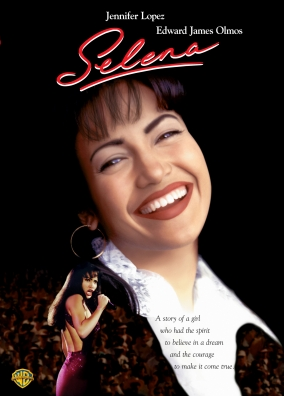
A promotional poster for the 1997 movie “Selena.” The biographical drama documents the like of Selena Quintanilla (Jennifer Lopez), a Mexican-American from Texas. Image source City of Abilene.
Oscars season is here! It’s an exciting time of red-carpets and glam when you see your favorite movies, actors and actresses win one of the most prestigious awards in the industry. Nevertheless, I’ve always had a bittersweet relationship with the esteemed ceremony, for it lacks diversity and I rarely feel represented. If I look up a video or article about the 2017 Oscars highlights, you’ll see that the event is predominantly white, having only one or two “diverse” moments.
Over the past few years, I have been so pleased to see that the presence of the black community has grown significantly stronger at this event, shown when Barry Jenkins’ “Moonlight” won three Oscars last year. But there are still so few people of color in general in the media and even fewer Latinos. To put things into perspective, across the board there have only been between about 20-25 Latino winners since 2000.
This left my mind buzzing with questions: Why is the representation of people of color so small? Why aren’t Latinos recognized?
Instantly, I began to think about how when Latinos are in the spotlight, our roles aren’t generally “Oscar-worthy.” When casting, people of color are typically given the part of a racial stereotype or are characters defined by their race. More specifically, the roles Latinos are given are very distinguishable, ranging from the “cholo” — or gang member from the wrong side of town — to the sexy Latin-lover that speaks with a heavy accent. Other examples include the maid, the angry black woman, the diverse best friend or sexual “distraction.” The actors may also be representing a person-of-color in a historical film, making it a requirement to be a person-of-color. These characters tend to not have much depth, and their obvious purpose is to make us laugh or not do a double take.
According to Venngage, 93 percent of leading roles are given to whites —while blacks only receive six percent, and Asians only have one percent. This disappointing and crushing statistic shows that there is little chance for minorities to thrive.
Hattie McDaniel was the first African-American actress to win an Academy Award back in 1940. This was a monumental moment and was the start of something amazing, but it did have its negatives. McDaniel won the Oscar for a supporting role as a maid character and was not allowed to sit with her fellow cast-mates in the audience. This segregation reflects the time period, but have we made much change?
I will be eternally grateful for all of the work people have put into supporting our colored community, but we need more. It might be selfish, and people may look at it as ungrateful — but only seven non-white actors were nominated for an Oscar this year. This is unacceptable.
I personally know how this lack of representation can affect someone, especially at a young age. I grew up watching shows about the life of a white, privileged kids, so I never thought that there could be a powerful, Latino character on-screen.
When Selena Quintanilla passed away, I wasn’t even born. When Gregory Nava directed the movie Selena, starring Jennifer Lopez, to pay homage to this icon, I wasn’t even born.
However, I grew up constantly watching and rewatching this movie, and I never understood what drew me to it. Which seven-year-old wants to keep watching and watching a movie about the tragedy of such an influential star? I was obsessed with Selena’s character and the person she was: the way she carried herself, her outfits, her performances. So many people loved her. I could relate to her. This woman who expressed herself, her passion for music, her culture and her people in such a powerful way was the first Latina to inspire me.
Having a figure like that on my TV was beyond influential, and I wish I could have grown up seeing that more often. There are kids out in the world, who need people like that: people that will tell them stories, make an impression on them, make them feel like they belong. That is why we must have more minorities become prominent in media: winning more Oscars, starring in more movies.
The media has the power to evoke emotion and send messages to people. We grow fond of characters, critique storylines and have the unique experience of watching it all happen in front of us.
A world where this form of art lets all types of people shine on the screen is a world that won’t come easy, and it won’t happen overnight. However, as the Oscars come around, I urge you all to be aware of what is happening. We can no longer just accept and ignore this inequality. I urge you to participate in media and keep an eye out for Latinx movies, directors and writers. Support the message they are trying to convey. Be allies, learn and change the media with this knowledge.

Celeste Ramirez joined the Oracle as a columnist in 2017 and is now the Multimedia Editor. Her column focuses on diversity at Archer, highlighting the...





![Freshman Milan Earl and sophomore Lucy Kaplan sit with their grandparents at Archer’s annual Grandparents and Special Friends Day Friday, March 15. The event took place over three 75-minute sessions. “[I hope my grandparents] gain an understanding about what I do, Kaplan said, because I know they ask a lot of questions and can sort of see what I do in school and what the experience is like to be here.](https://archeroracle.org/wp-content/uploads/2024/03/grandparents-day-option-2-1200x800.jpg)
















































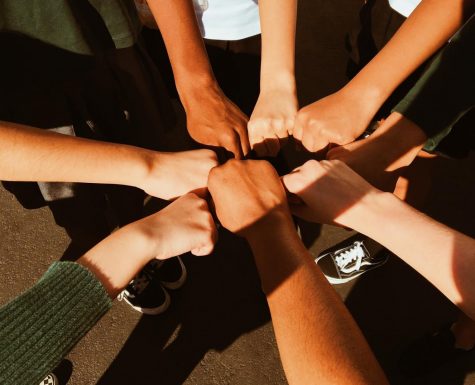




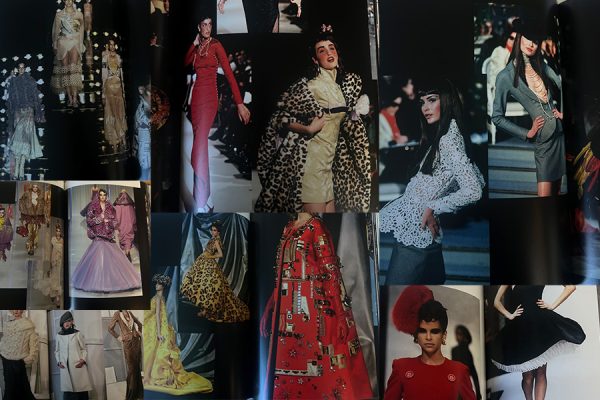


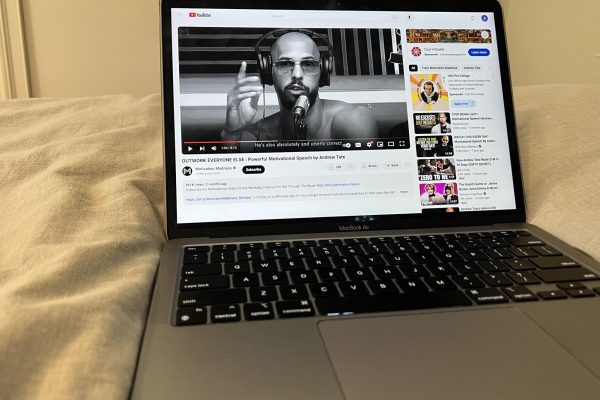




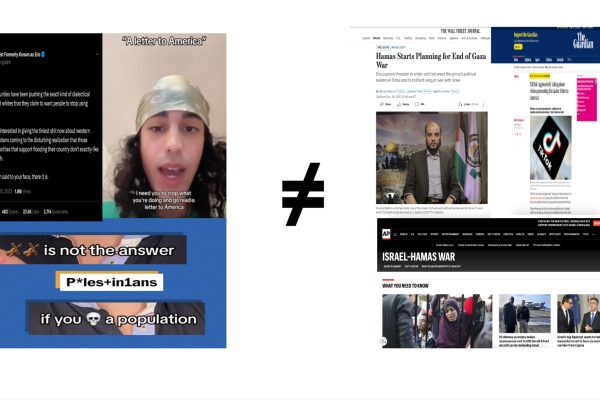

Elizabeth Ryan • Feb 25, 2018 at 8:06 pm
A great article with a powerful message; thanks for sharing this as we head towards Oscars season Celeste!